Welcome
Email: oai@kennesaw.edu
Faculty Initiatives
-
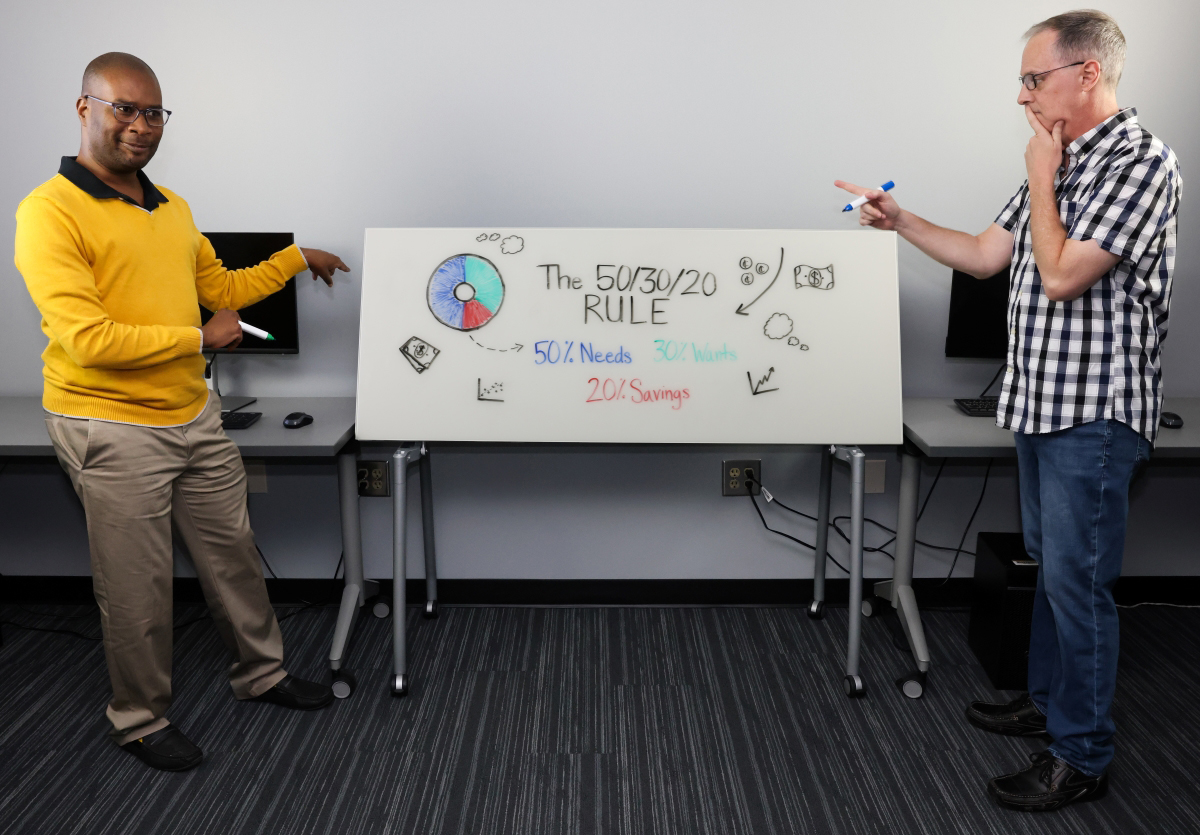
Radow College Faculty Financial Education Innovators Help Students Learn Financial Management Skills
The Norman J. Radow College of Humanities and Social Sciences Faculty Financial Education Innovators program is growing, and faculty are finding innovative ways to weave financial literacy into their classes across a variety of subject areas.
Read more at the button below:
Read More -
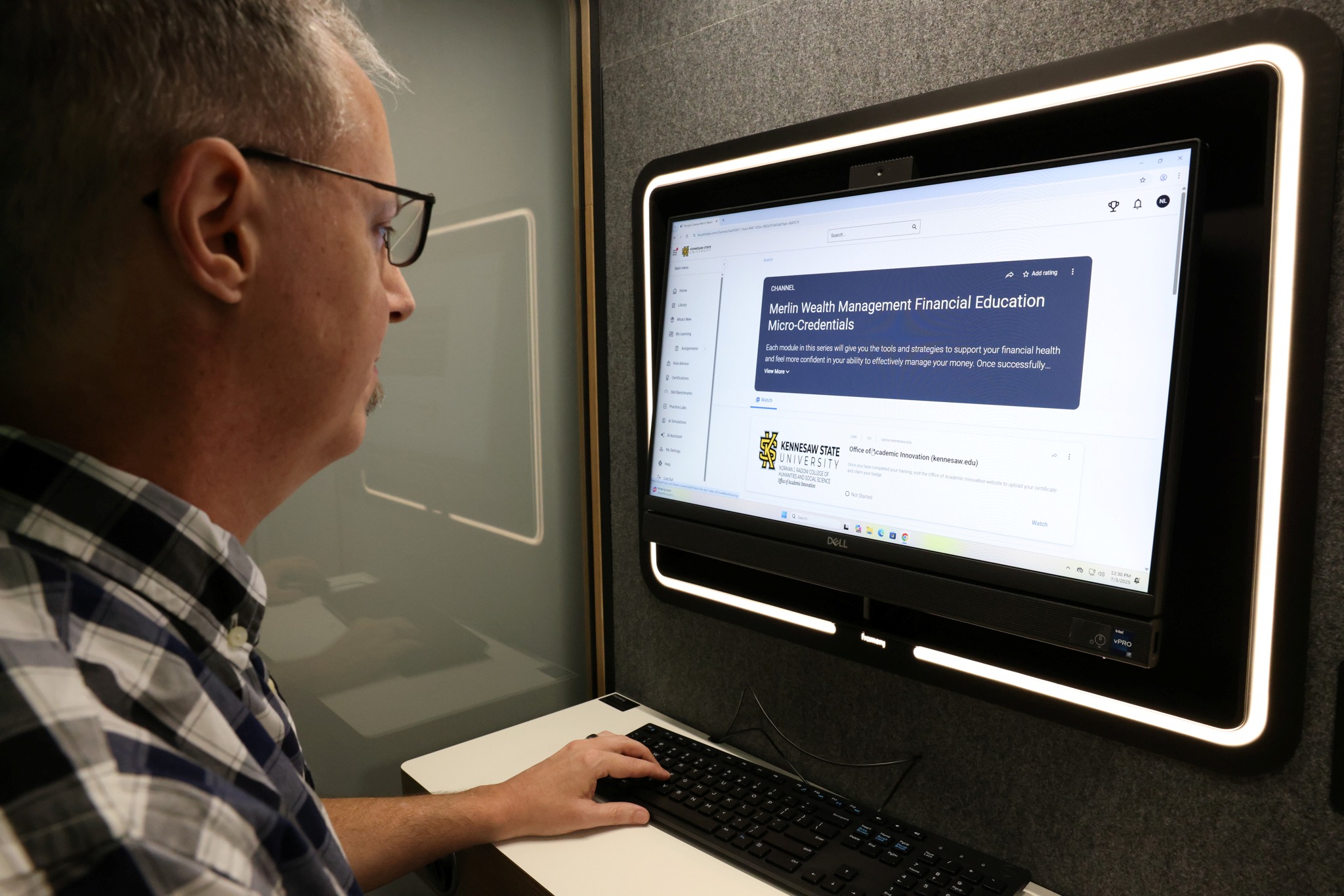
Call for Faculty Financial Education Innovators
This call seeks faculty interested in “investing” financial education concepts into their course content in an innovative way.
OAI in the News
-
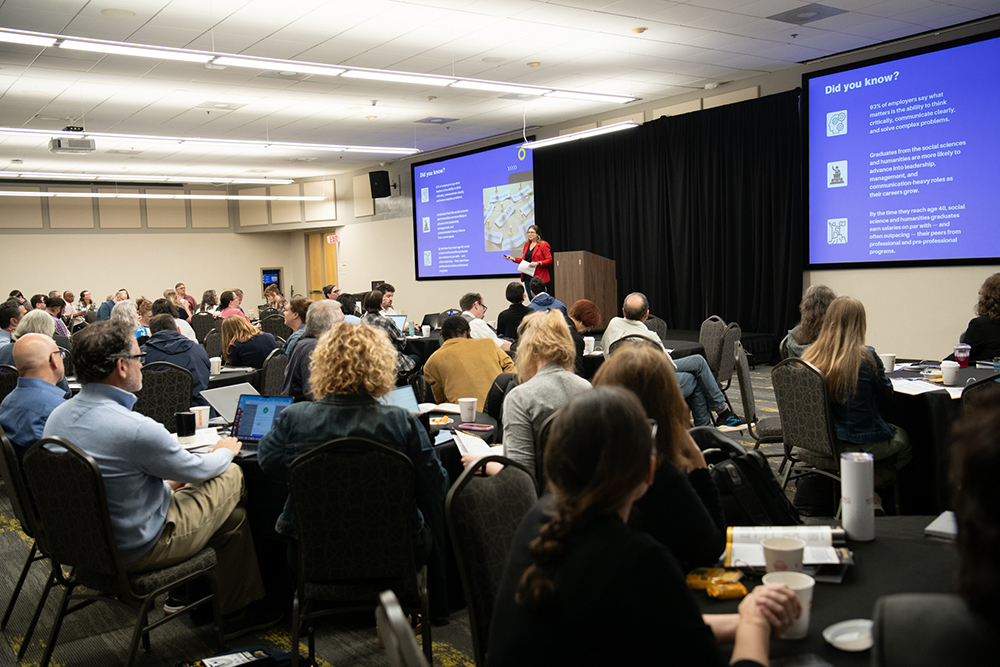
Second Annual Student Success Summit Nearly Doubles Attendance, Highlights Pedagogical Best Practices
The Norman J. Radow College of Humanities and Social Sciences on Monday hosted its second annual Student Success Summit, an event designed to provide a forum where faculty gathers to present the innovative pedagogical approaches that facilitate student success. Read the full article -
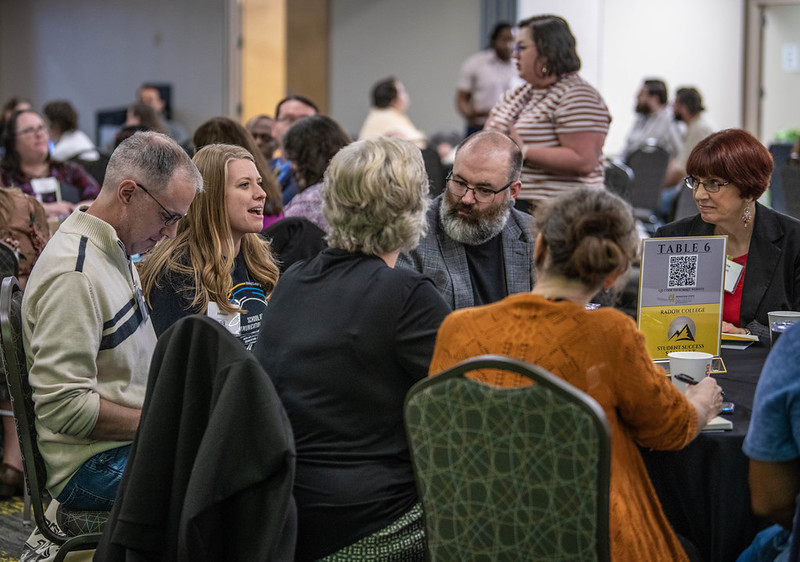
Office of Academic Innovation Caps Academic Year with Highly Successful Student Success Summit
The Office of Academic Innovation (OAI), housed in the Norman J. Radow College of Humanities and Social Sciences, ended the 2024 Academic Year with its first ever Student Success Summit. Read the full article -
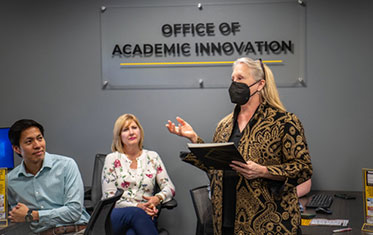
Norman J. Radow College Launches Office of Academic Innovation
Norman J. Radow College of Humanities and Social Sciences as it unveiled its pioneering Office of Academic Innovation (OAI). This visionary resource will enhance student learning through evidence-based approaches in the humanities and social sciences disciplines. Read the full article
OAI in the National Conversation
-
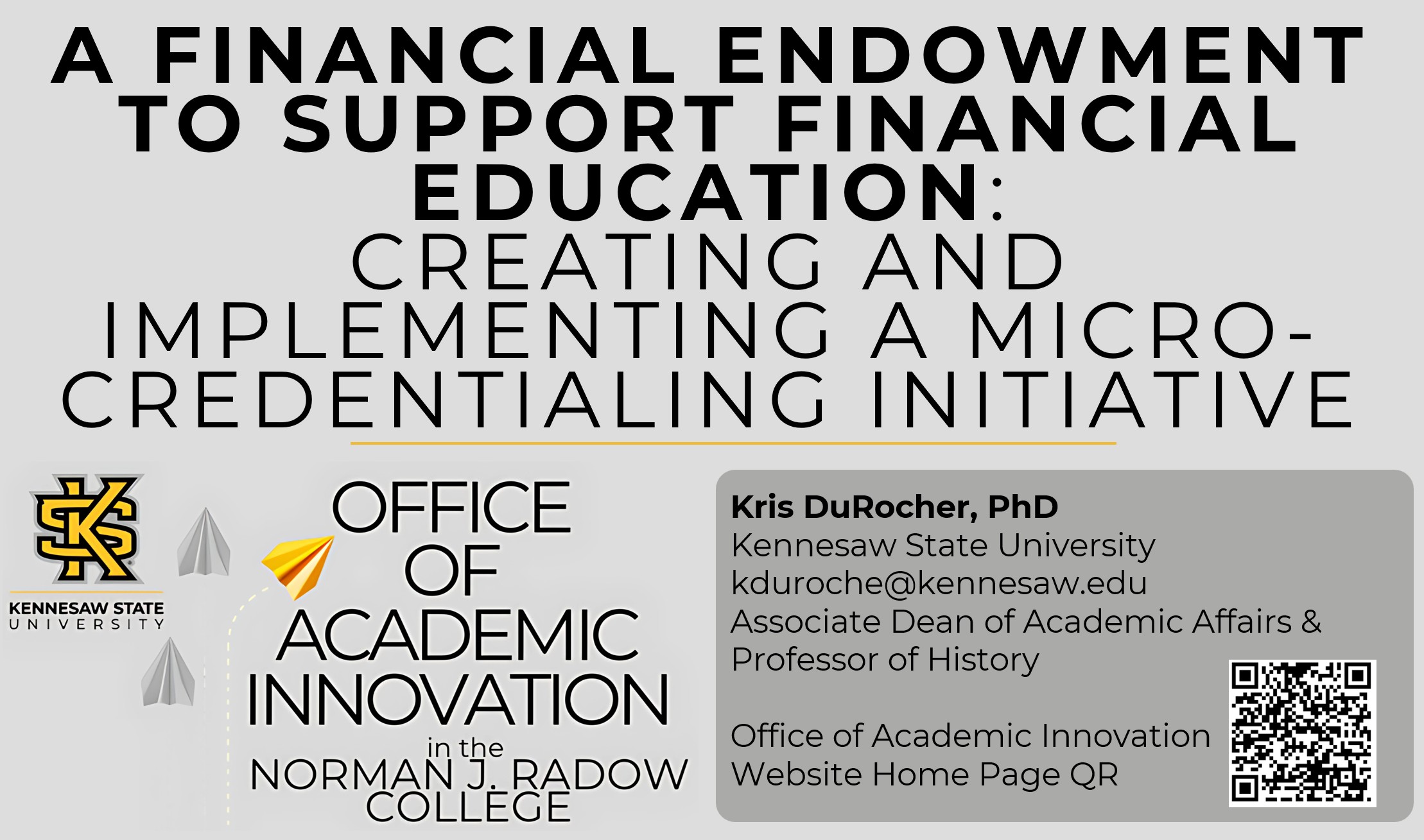
A Financial Endowment to Support Financial Education: Creating and Implementing a Micro-credentialing Initiative
Presentation: AAC&U Annual Meeting Washington D.C. (January 2025) -
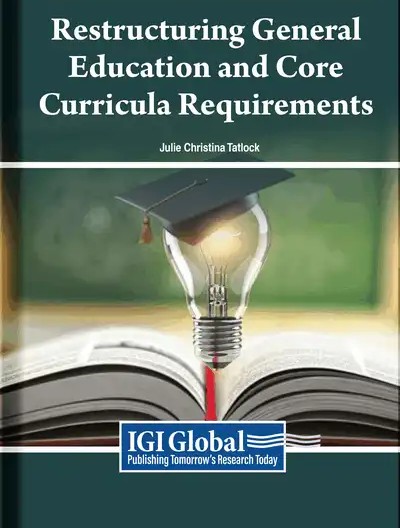
Rethinking the Liberal Arts General Education
Restructuring General Education and Core Curricula Requirements, ed. Julie Tatlock. (Hershey, Pennsylvania: IGI Global, 2024), p. 34-52. 10.4018/979-8-3693-0385-6.ch003 -
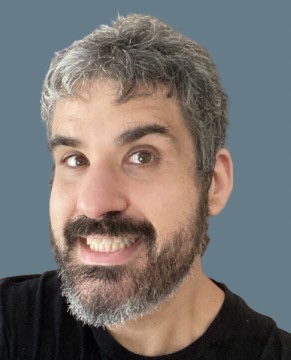
Multimodal Mondays: Questioning AI – Where Are We Now? Macmillan Teaching Community.
This post with Jeff Greene, is at the center of conversations on our campus. We...take a deep dive to explore the complexities of AI and develop an AI toolbox for teachers and students. Jeff and I speak often and lately, our conversations focus on questions revolving around this work. Haimes-Korn, K., & Greene, J. D. (2024, March 25). -

Multimodal Mondays: Practicing AI: Developing a Critical Eye. Macmillan Teaching Community.
This post is the second in a series where I collaborate with my colleague, Jeff Greene to reflect on AI and the issues surrounding this paradigm shift. In our last post, Questioning AI we looked at some of the larger questions affecting policy, ethics, and pedagogy. In this post, we want to focus on application and offer some ideas for classroom practice. Haimes-Korn, K., & Greene, J. D. (2024, April 22). -
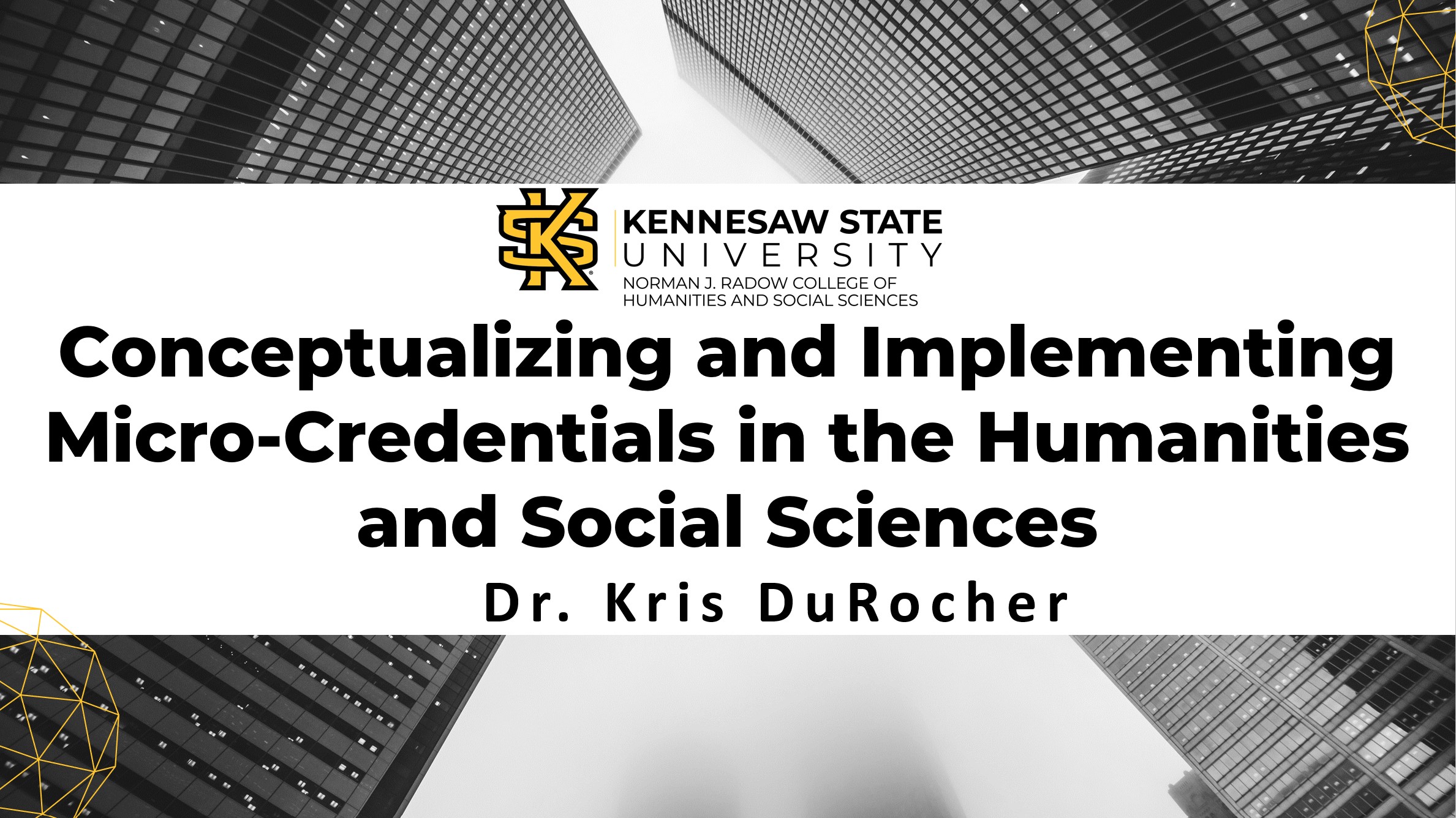
Conceptualizing and Implementing Micro-credentials in the Humanities and Social Sciences
Presentation at the AAC&U 2023 Conference on General Education, Pedagogy and Assessments American Association of Colleges & Universities, New Orleans, LA. (February 2023) -
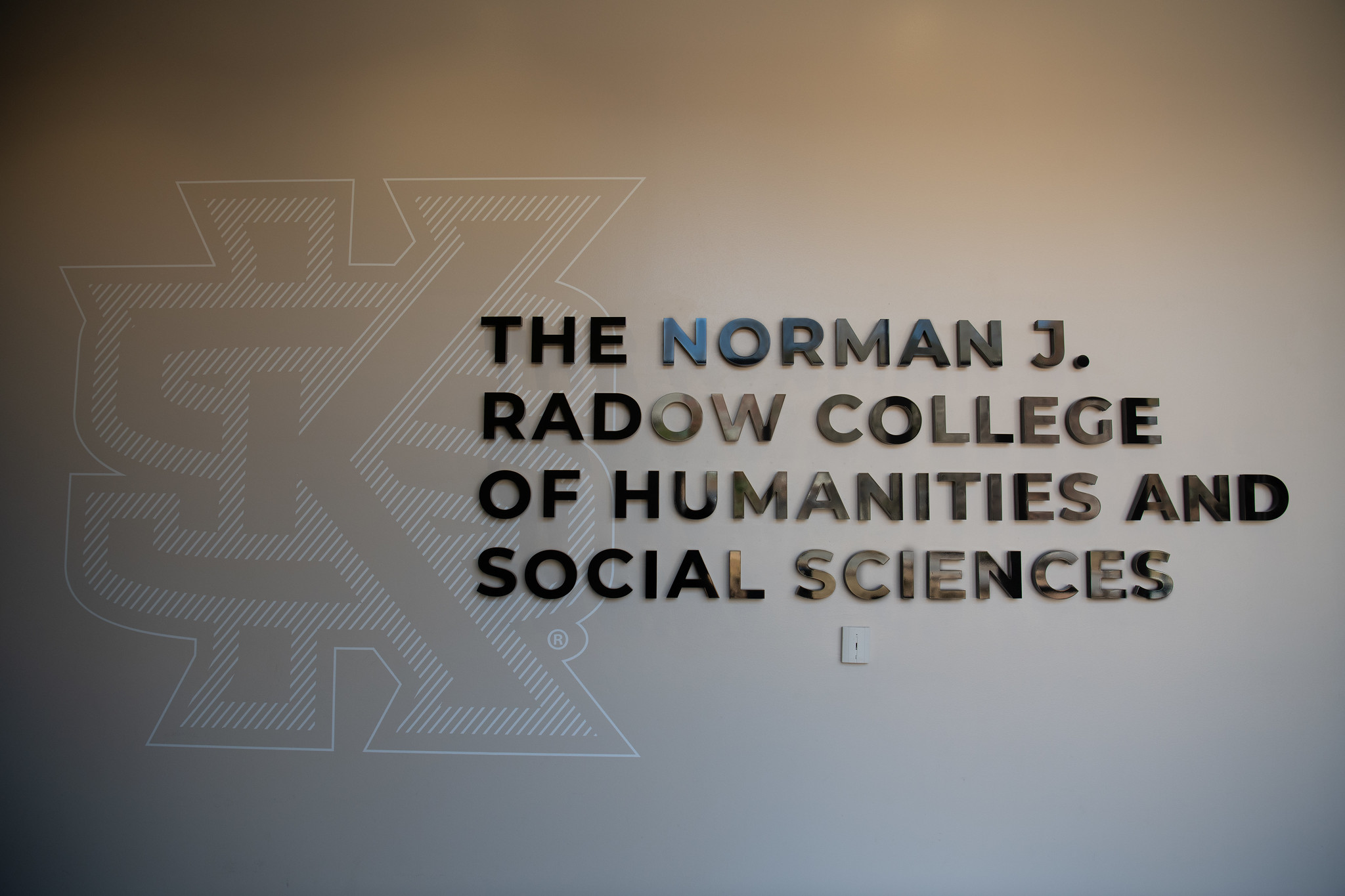
Strategies and Resources for Dealing with Student Disengagement
Panel, "Strategies and Resources for Dealing with Student DisengagementOffice of Academic Innovation in the Radow College. April 13, 2023.
Metrics and Impacts
-
Merlin Financial Literacy Micro-credentials Awarded
Badge Name Number Awarded end of 2025 Spending Habits
1155
Budgeting Basics
1107
Finance Basics for New Graduates
854
Understanding Income
643
Introduction to Financial Planning
531
Financial Literacy Fundamentals Certificate
526
Decoding Student Debt: Student Loan Fundamentals
507
Fundamentals of Investing
434
U.S. Taxation Basics
426
Financial Understanding Certificate
300
Total 6,483 -
Skills for Success Micro-credentials Awarded
Badge Name Number Awarded end of 2025 Persuasion Badge Level I
211
Perspective-Taking Badge Level I
175
Introduction to Teamwork
59 Workplace Relationship Building Certificate
11 Total 460
Check back soon for the date for the third annual Student Success Summit!







